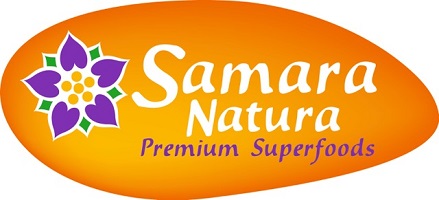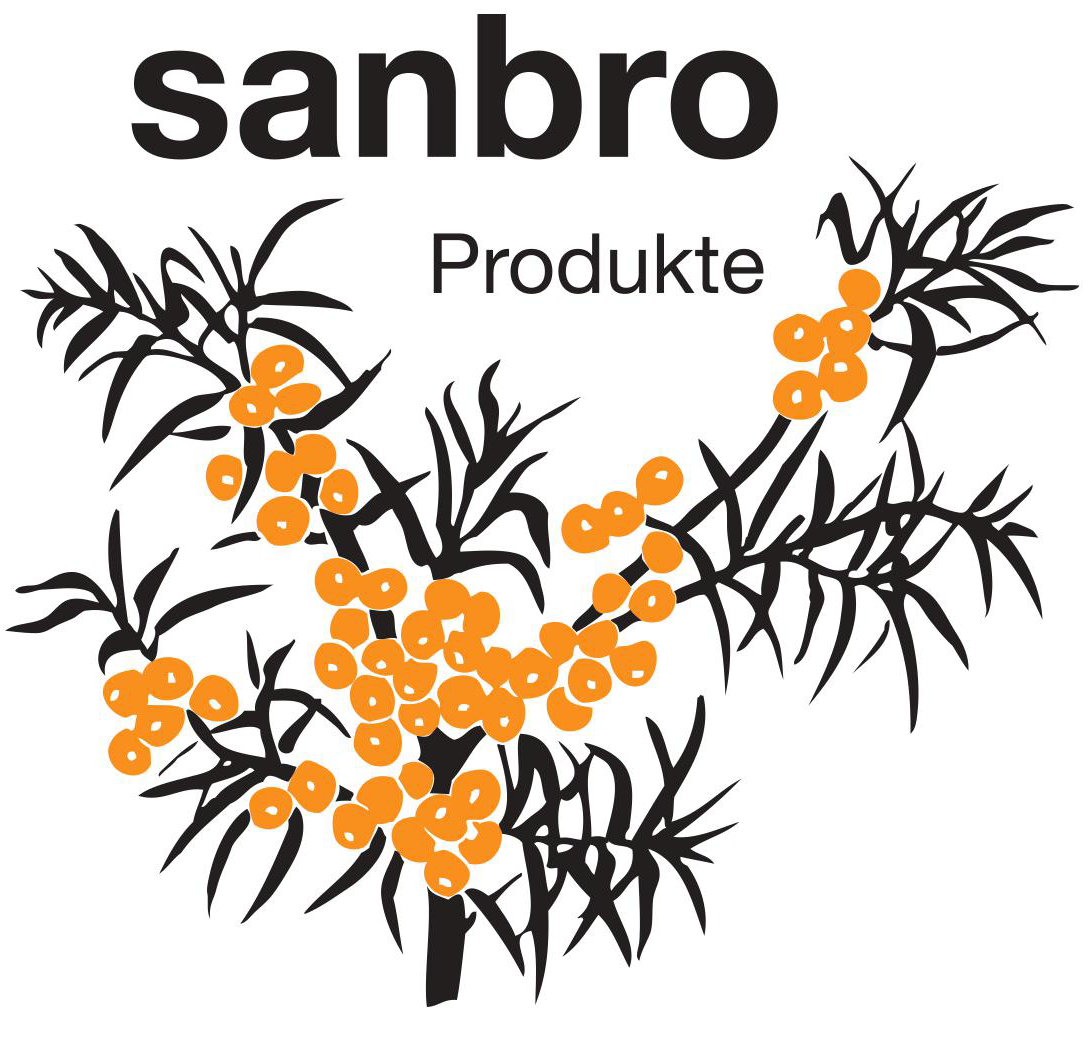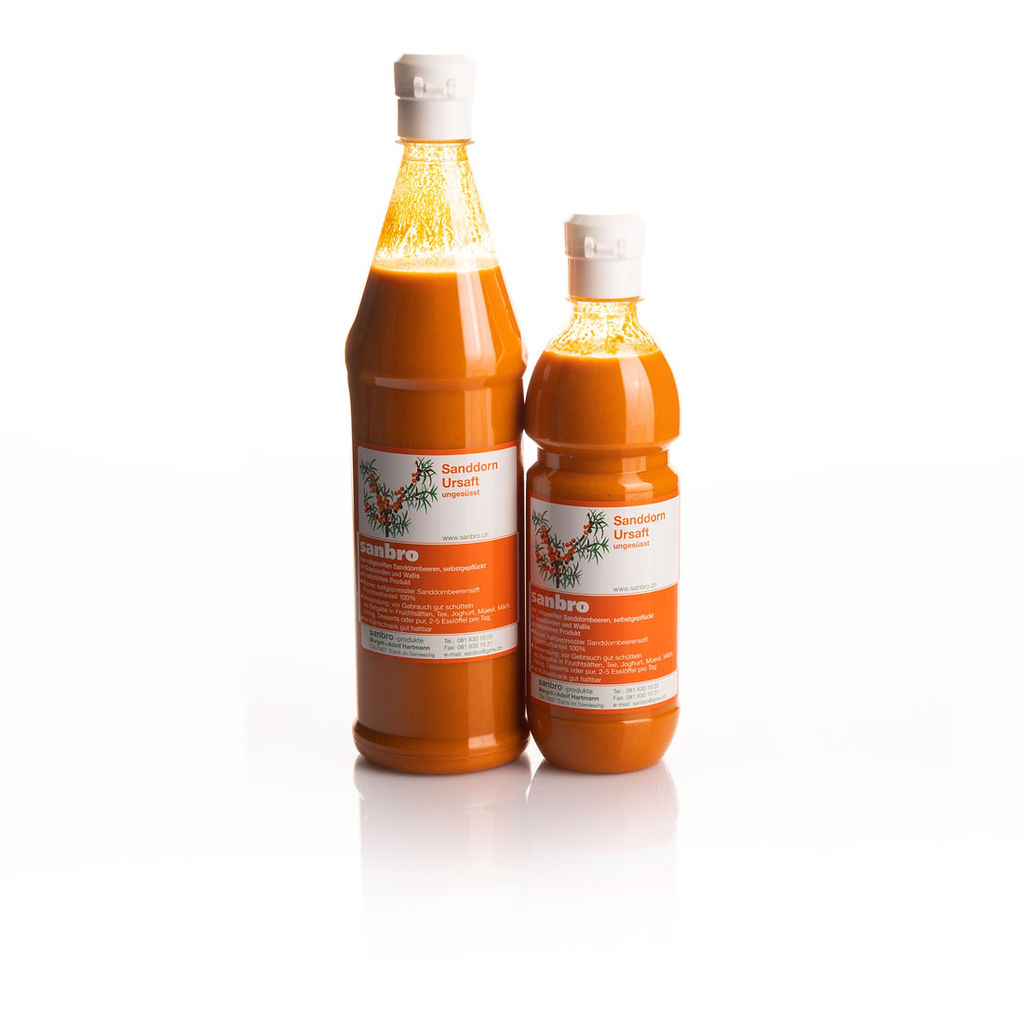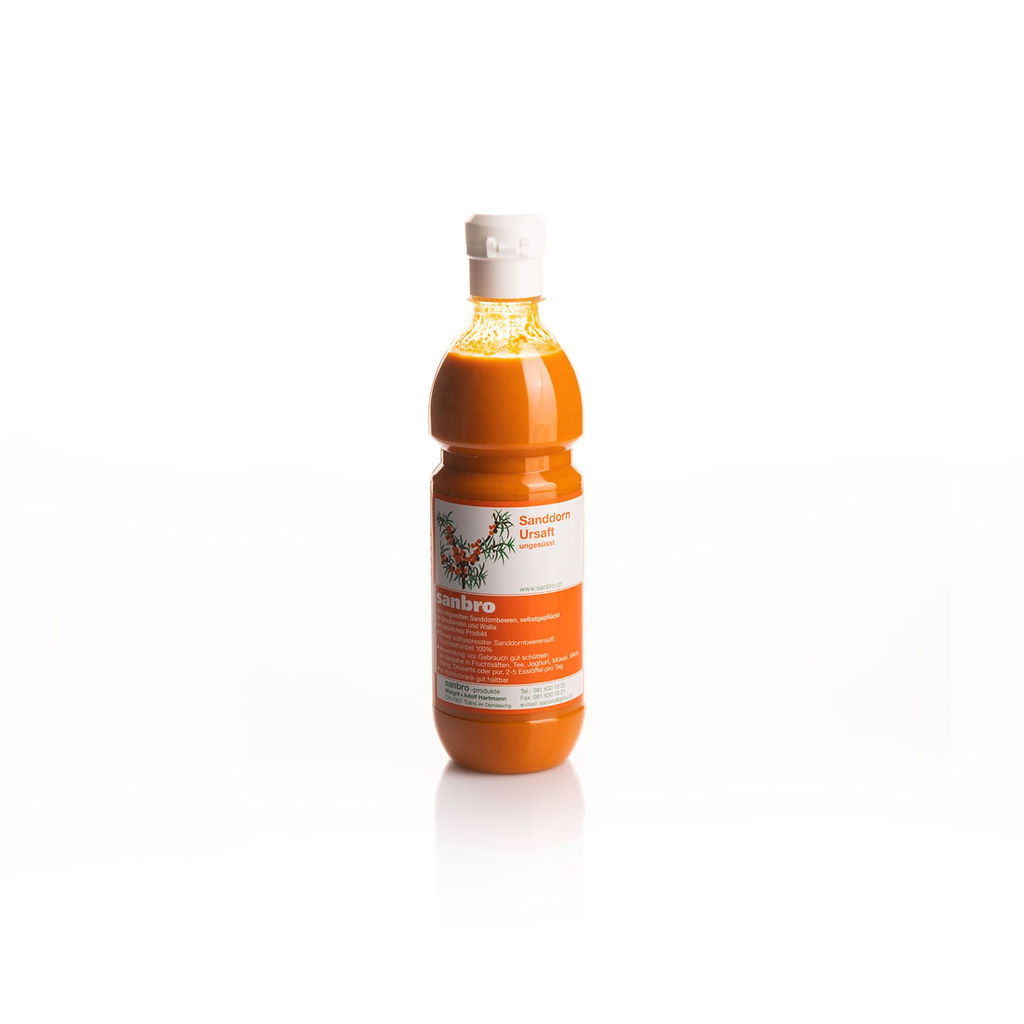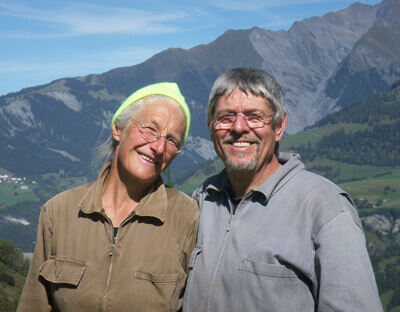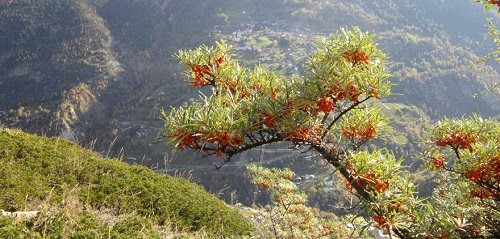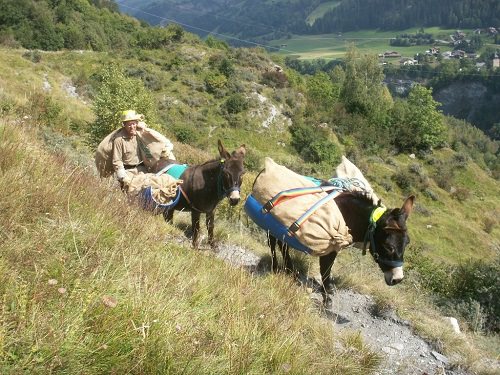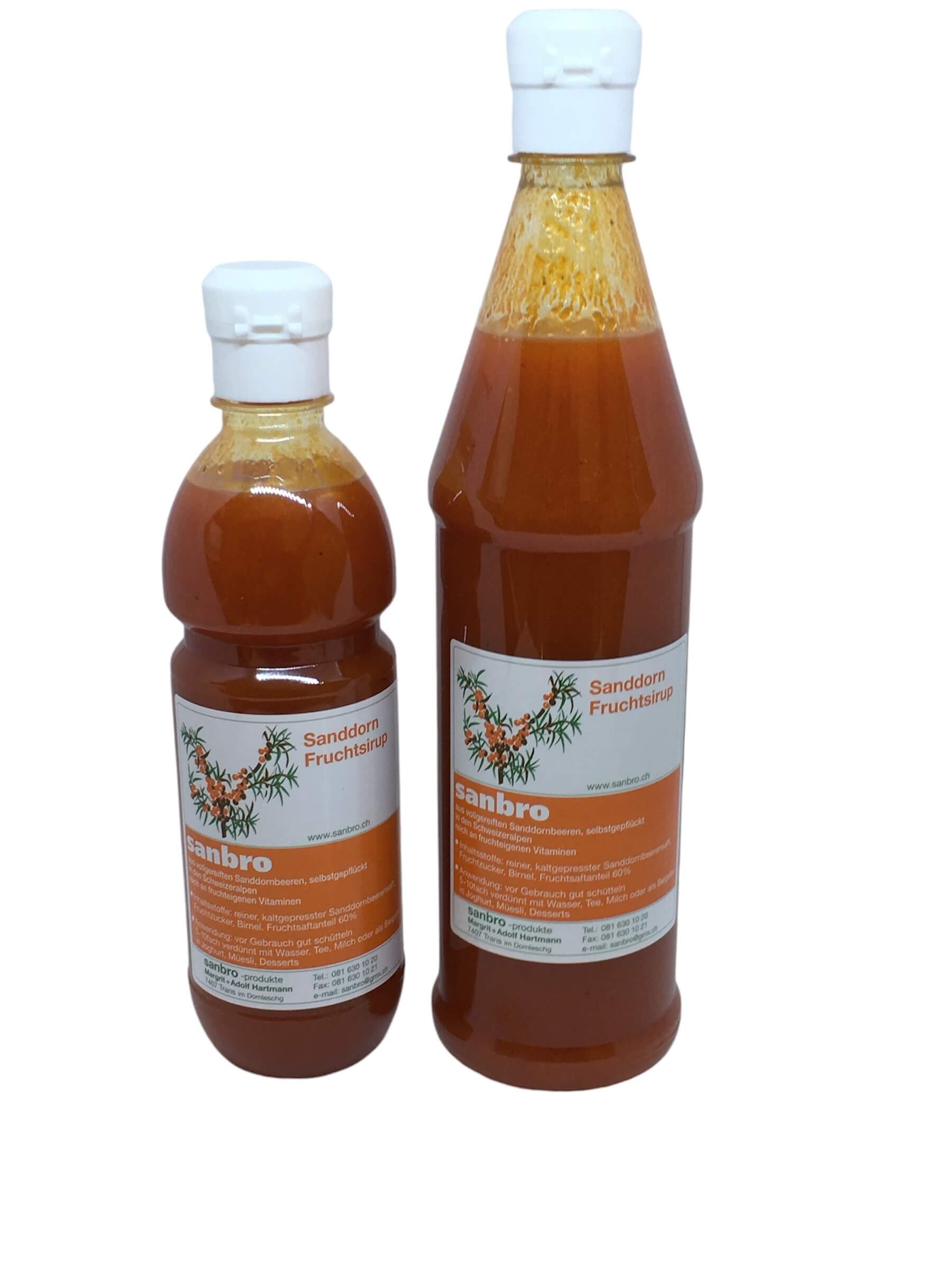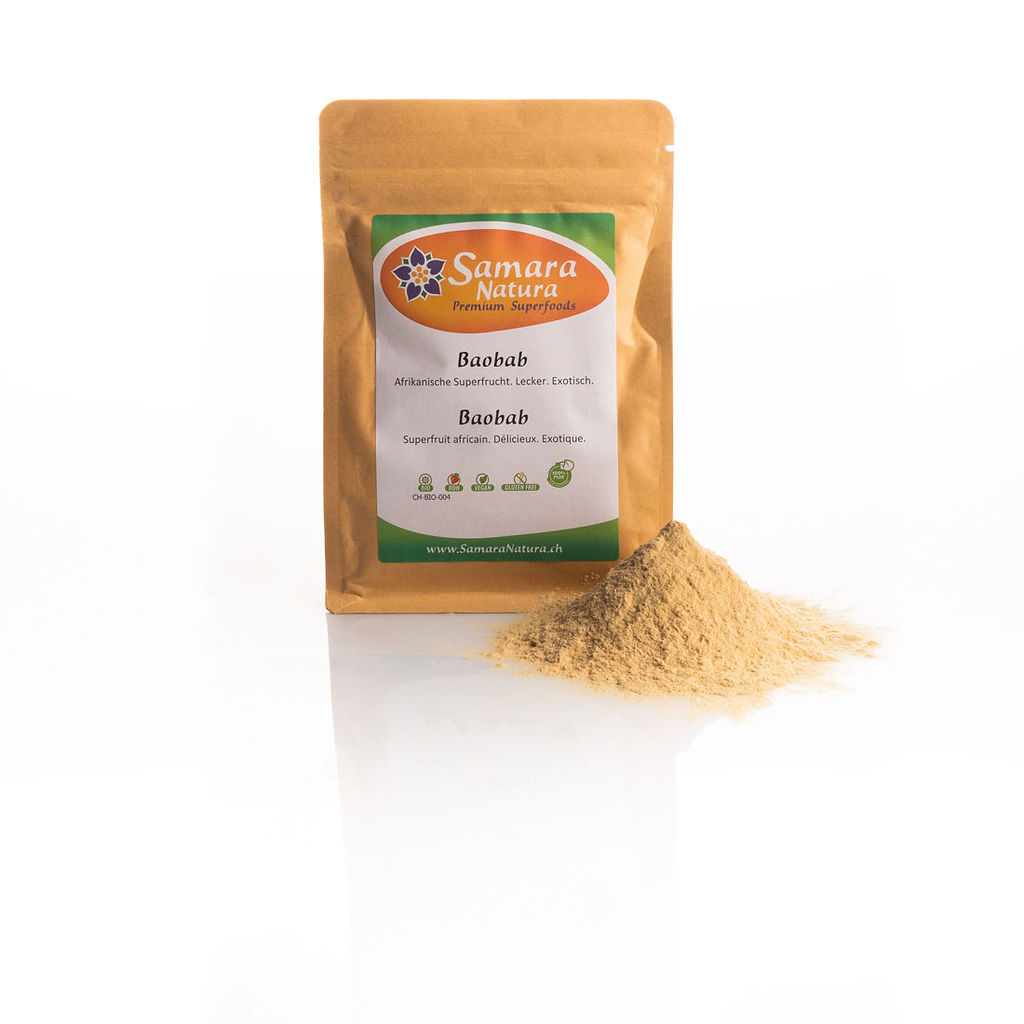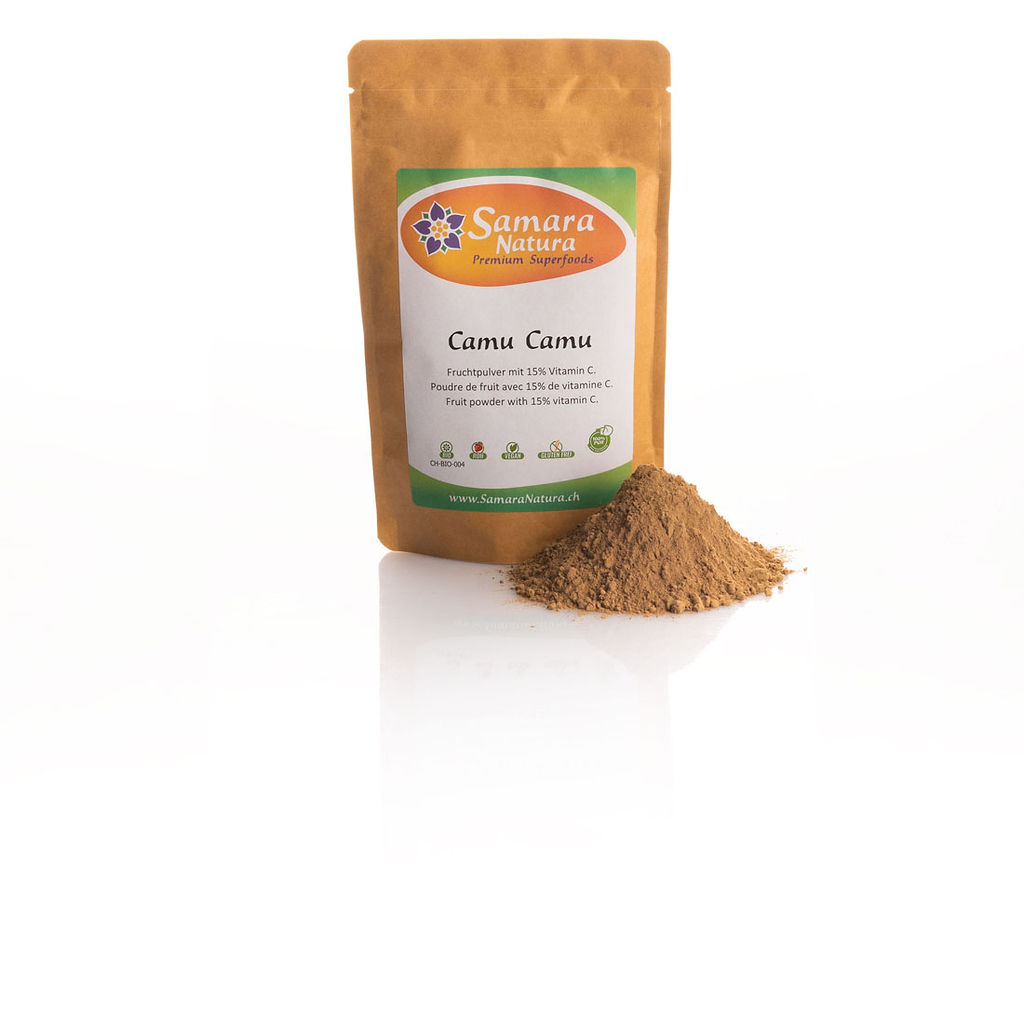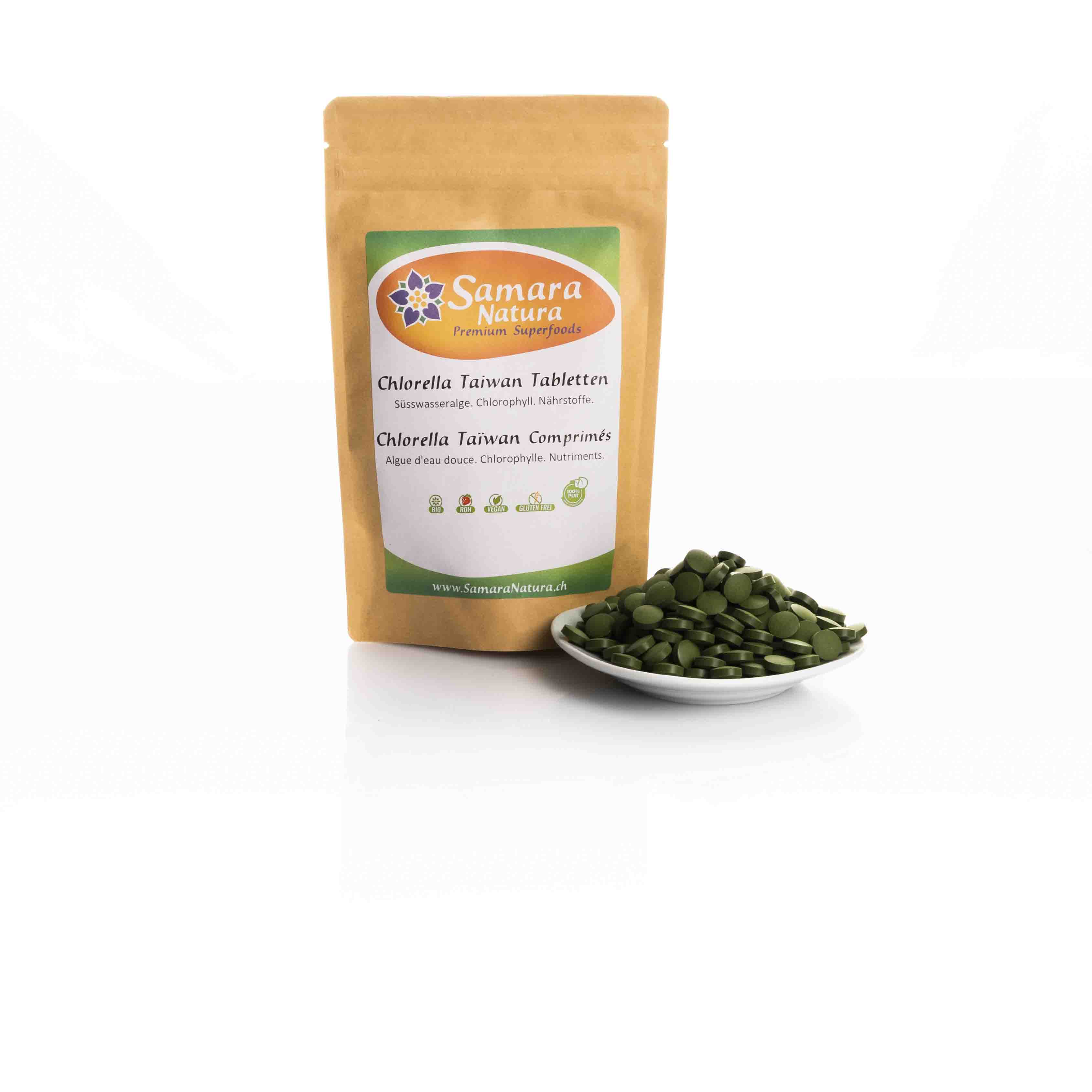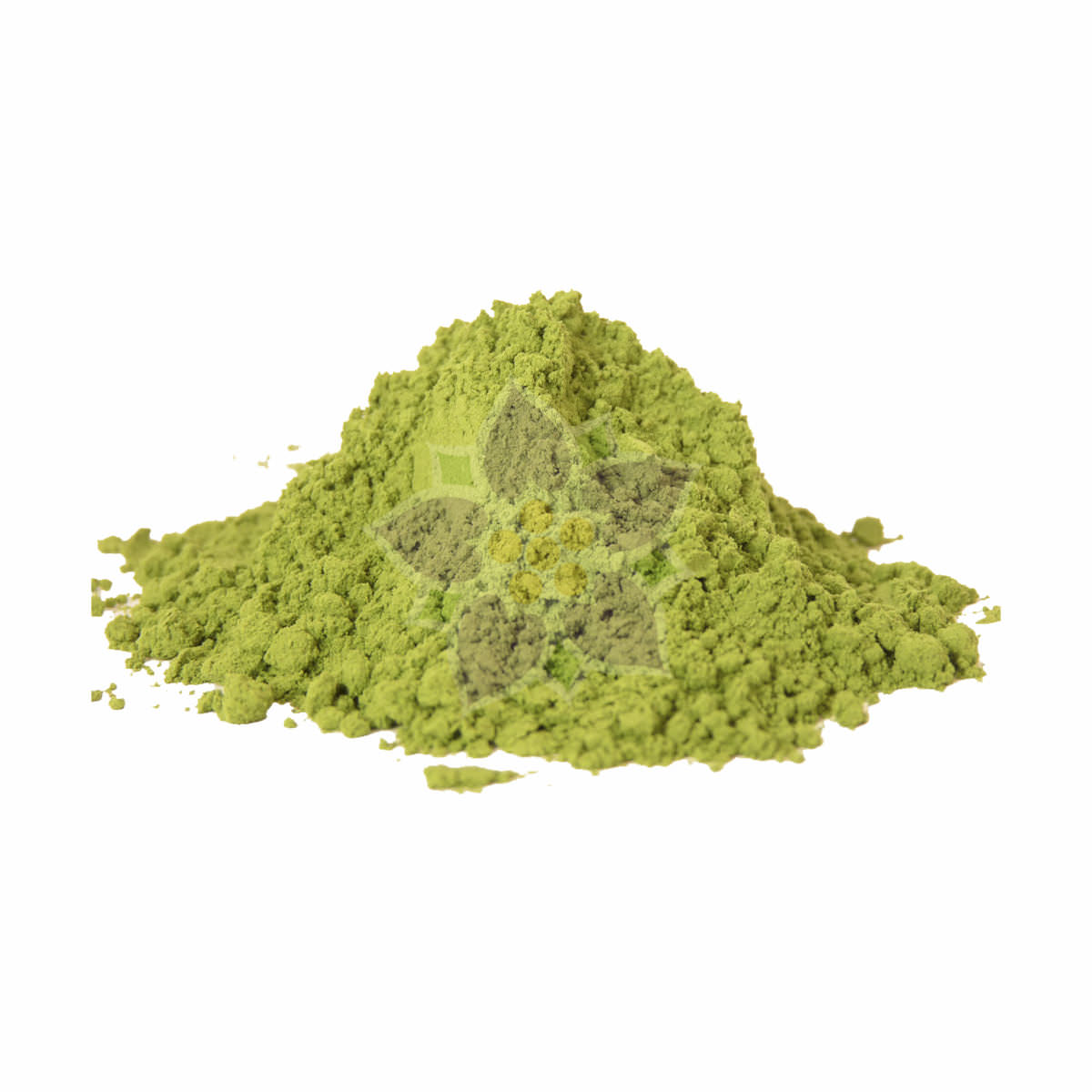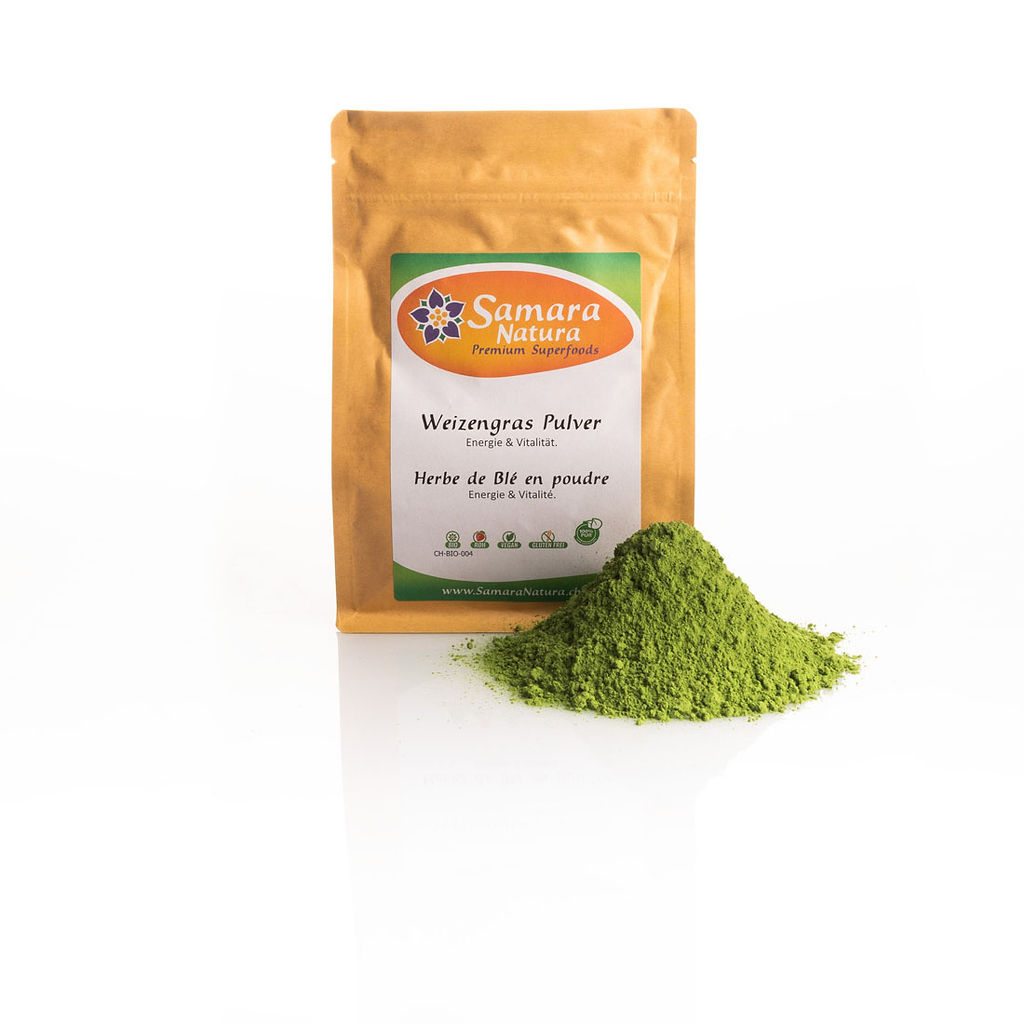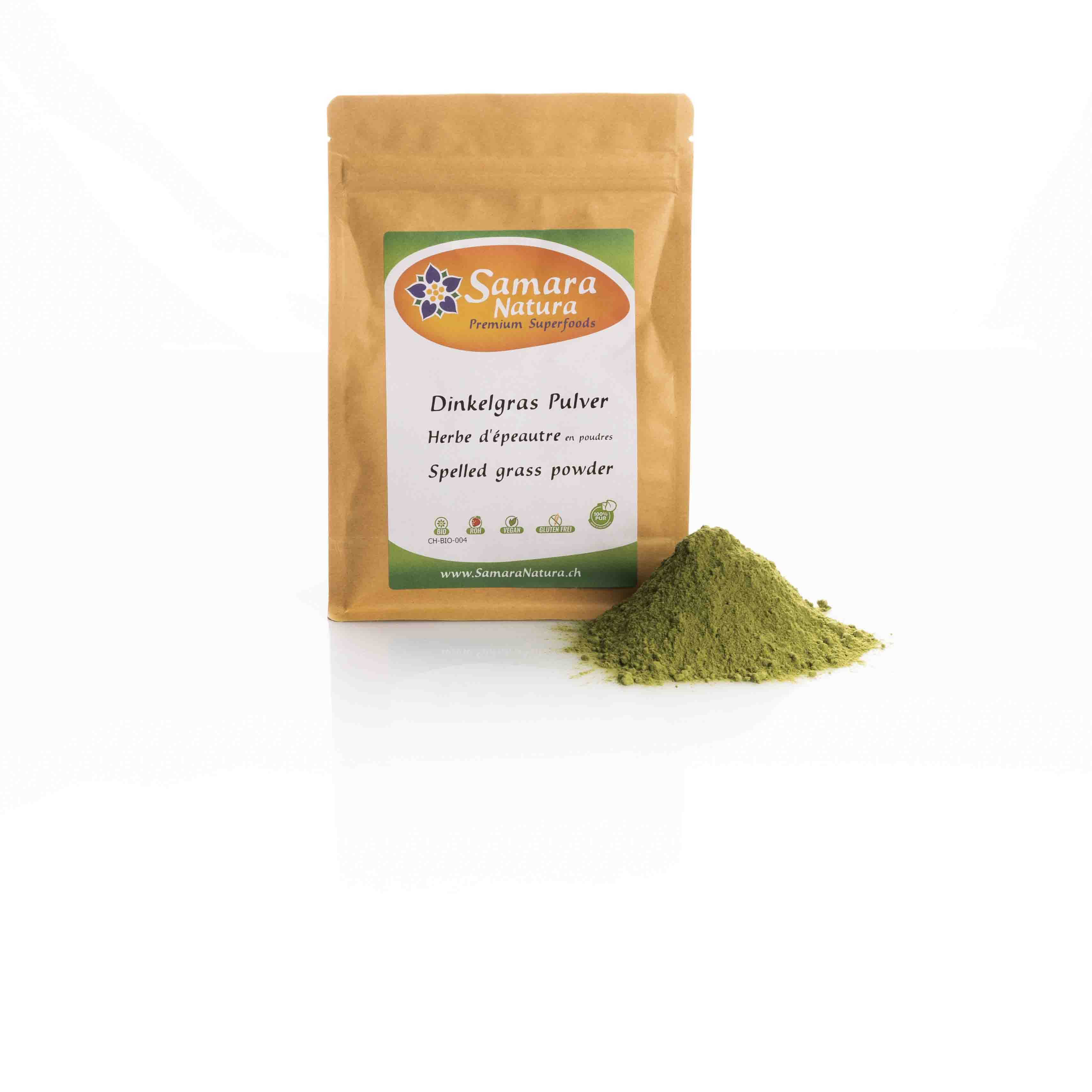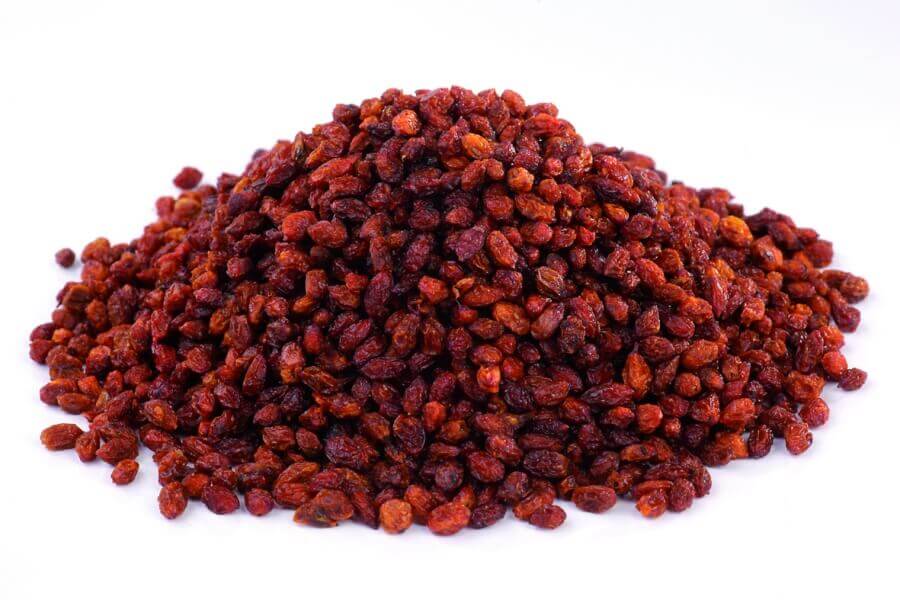| Quantity | Unit price | Base price |
|---|---|---|
| To 2 |
CHF 28.00*
|
CHF 5.60* / 100 ml |
| From 3 |
CHF 26.60*
|
CHF 5.32* / 100 ml |
Available, delivery time: 1-4 days
Product information "Swiss sea buckthorn juice"
Sea buckthorn - the berries richest in vitamin C in Europe
Original juice means that this sea buckthorn juice contains no additives, is gently cold-pressed and is not pasteurised. This is not even necessary due to the naturally high vitamin C content. This makes this sea buckthorn juice one of the few in raw food quality! Further advantages of this unique product:
Wild collections: In contrast to sea buckthorn from plantations, these berries from wild collections are significantly smaller and have a thicker skin. The vitamin and vital substance content is unique and incomparably high, approx. five times that of sea buckthorn from plantations.
- Local: The berries come from hard-to-reach areas in the Grisons Oberland and Valais and are processed by Margrit and Adolf Hartmann in Trans GR.
- Regular fresh pressings: After harvesting, some of the berries are frozen so that they can be pressed fresh regularly until the following summer. The wild sea buckthorn berries naturally tolerate the cold very well.
- Family business: The wild berries are harvested by hand by Mr and Mrs Hartmann. The whole bushes are cut off and rolled up in jute sacks. The two donkeys, Fiona and Meli, help with the transport down to the valley.
- Fair prices: At first glance, the price may seem high compared to other sea buckthorn juices. If you consider the origin and all the manual labour, the price is more than justified. Hartmanns do not maximise profits and have not increased prices for over 20 years.
Harvested from wild sea buckthorn bushes in the Swiss Alps
The orange berries of the sea buckthorn bush, which are collected in the remote Swiss mountain valleys, are highly regarded by experts. The vital substance content is very high, especially vitamin C. The vitamin C content has been repeatedly tested by the manufacturer in Swiss test laboratories. These revealed vitamin C values of 18000 to 22000 mg/kg juice. Usual values for good plantation varieties are 3000 to 5000 mg/kg juice. This is 36 to 44 times more than that of fresh orange juice. The richness of all its ingredients is unrivalled. More than 12 vitamins: A, B1, B2, B5, B6, B12, C, E, F, H, P, PP, glycosides, flavonoids, saponins, omega-3, -6 and -9 fatty acids, fruit acids and mineral trace elements are contained in ripe sea buckthorn berries. Vitamin C is most effective in natural combination with other vital substances. Sea buckthorn juice also contains sea buckthorn pulp oil.
Sea buckthorn juice in raw food quality
The whole berries are pressed very gently at low temperatures. The very high acid content - due to the high vitamin C content - and the clean processing mean that the juice does not need to be pasteurised and can be kept for at least 6 months. This preserves all the vital substances. The juice is very refreshing thanks to its vitamin C content and strong sea buckthorn flavour. The high vitamin P content supports the stability and absorption of vitamin C.
Harvesting and processing the berries to make sea buckthorn juice
The berries, which grow wild at around 1000 metres above sea level, are harvested by Margrit and Adolf Hartmann by hand in rough terrain in the Valais and Grisons Oberland. Compared to cultivated plants, these berries are smaller but richer in vitamins. Harvest time is between August and October. The berries and thorny branches are cut off with electric shears and placed in large jute sacks. The two donkeys "Fiona" and "Meli" help to carry the heavy sacks down into the valley. All the sea buckthorn berries are processed on the Hartmann couple's farm in Trans im Domleschg.
In the comprehensive report by nau.ch Sanddorn - Das Alpengold aus Graubünden (nau.ch) and in the 5-minute TeleZüri report "Heimisch exotisch" from 5 August 2020, you can see how the harvest takes place: Heimisch exotisch: Sea buckthorn - TeleZüri (telezueri.ch).
Sea buckthorn juice or syrup
For people who don't like this completely unsweetened original juice, we recommend sea buckthorn syrup, which is pleasantly sweetened with fructose and birnel. The sea buckthorn fruit content of the syrup is still 60%.
Note: The berries are wild fruits and are grown without pesticides or agrochemicals. However, due to the very large harvesting area, organic certification is not financially viable.
Use of Swiss sea buckthorn juice
Sea buckthorn juice tastes best on its own, slightly sweetened or added to water, fruit juices, tea, yoghurt, muesli and desserts. Take 2 to 5 tablespoons a day, depending on your personal requirements.
Storage
As the sea buckthorn juice is unpasteurised, we generally recommend storing it in a cool place. This is the best way to preserve the vitamins and fresh flavour.
We deliberately only order small batches from the producer every few weeks so that we can offer freshly pressed sea buckthorn juice on a regular basis.
Size variations
Login
5 reviews
17 April 2021 17:42
Ein wahres Naturheilmittel
Regelmässig bestellen wir den Sanddornsaft und sind begeistert, wie hoch der Vitamin C Gehalt ist. Ausser in den Sommermonaten nehmen wir regelmässig von diesem hochwertigen Saft ein, der unser Immunsystem wunderbar stärkt. Seit der Einnahme waren wir nie mehr erkältet.
30 November 2020 15:48
Jeden Morgen und der Tag kann kommen : ))
In der Winterzeit trinke ich den Saft täglich. Er ist auch nicht so sauer, wie andere...
19 October 2020 12:21
Super viel Vitamin C ideal um Corona etc besser abwehren zu können
Rohkost mit sehr viel Vitamin C aus den Schweizer Bergen, was will man mehr...?!
30 September 2020 11:02
Vom Sanddorn-Ursaft bin ich begeistert, vom Verschluss der Flasche allerdings nicht
Ihren Sanddorn-Ursaft füge ich schon seit einigen Jahren meinem Frühstücksmüesli bei. Leider ärgere ich mich bei jeder neuen Flasche über den Verschluss. Mit zunehmendem Alter hat man nicht mehr so viel Kraft in den Fingern. Benutzt man eine Oeffnungshilfe, z.B. Kochlöffelstiel, bricht der Ring oft ab und man muss den Verschluss mit einem Messer öffnen, was mitunter etwas gefährlich ist.
19 September 2020 12:41
Sehr guter Saft - mühsam entfernbarer Verschluss
Wir trinken seit einigen Jahren keinen Orangensaft mehr, sind auf Sanddornsaft umgestiegen, und dieser Sanddornsaft schmeckt super mit Xylit oder Sirup. Was es zu bemängeln gibt: Die Versiegelungskappe im Verschluss ist nur mit grossem Geschick entfernbar; auch ist ein gewisser Krafteinsatz von Nöten. Hier gibt es Verbesserungspotential.
